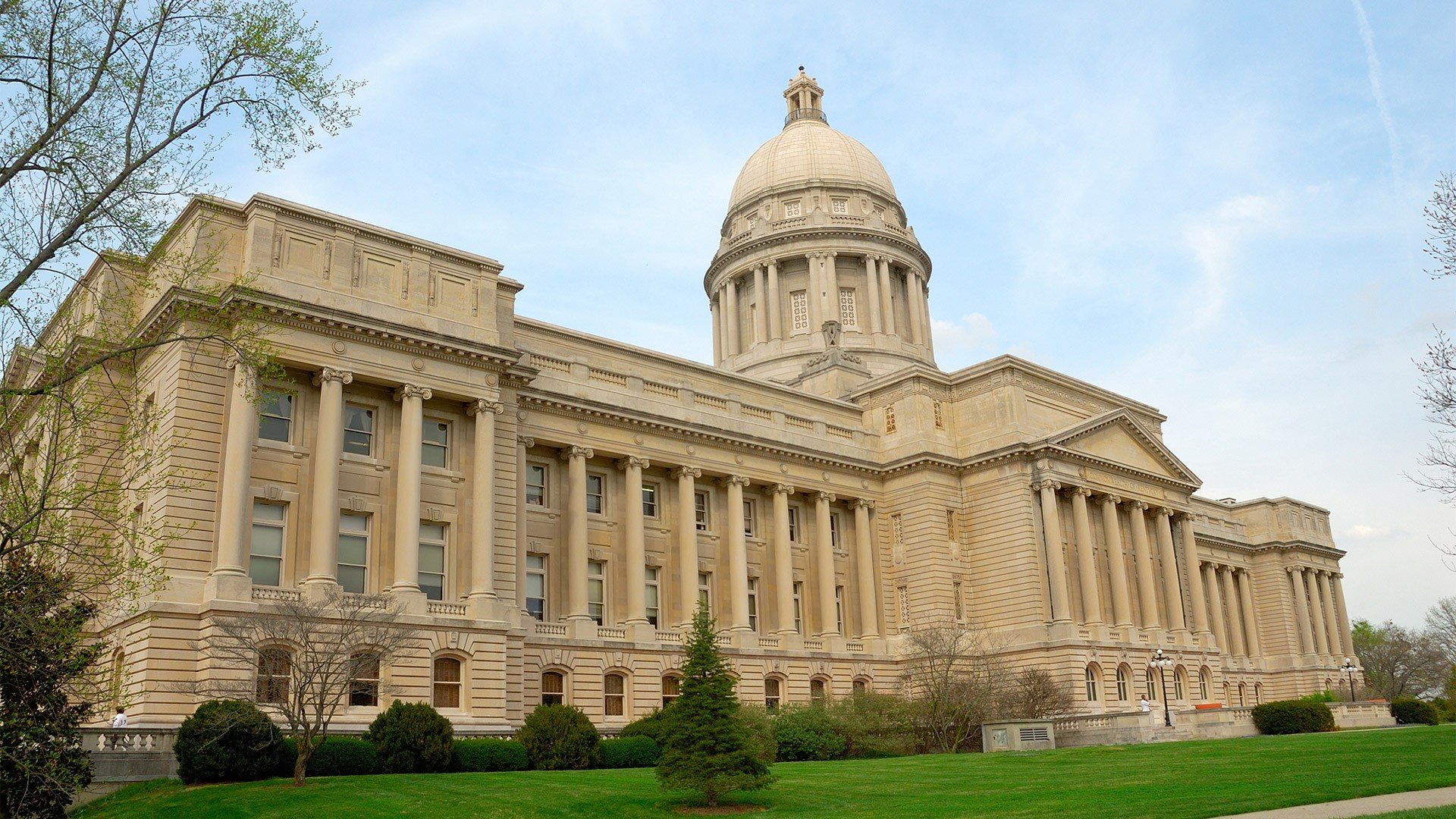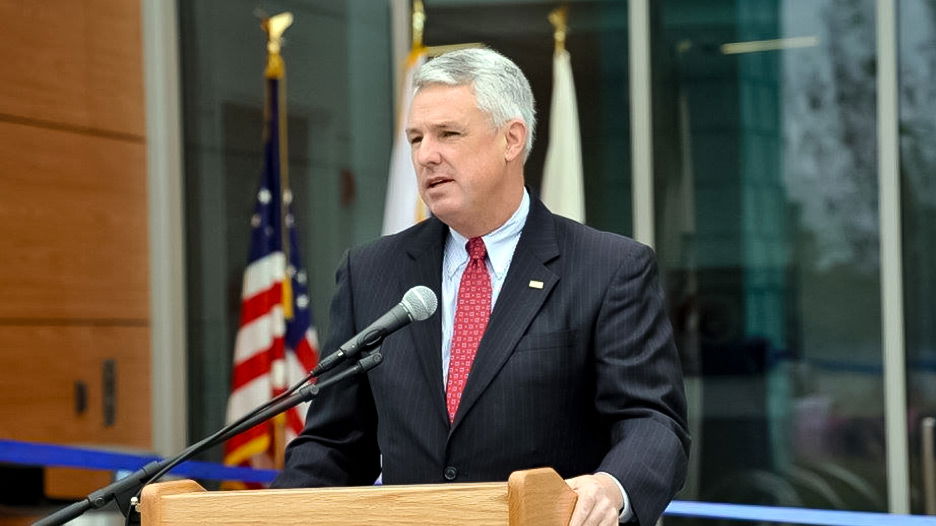AGA CEO urges Kentucky to legalize sports betting as Senate reconvenes for final days of session

Bill Miller, the President and CEO of the American Gaming Association, has urged the Kentucky Senate to adopt sports betting legislation. The plea comes as the Kentucky General Assembly returns to Frankfort for the final two days of its 2023 session on Wednesday, opening the door for a potential last-minute push to get House Bill 551 over the line.
The Bluegrass State has “an important opportunity” to adopt a legal, regulated sports wagering market that would help fund “critical initiatives,” Miller said in an open letter to members of the Senate. After having passed through the House of Representatives, a two-thirds majority (23 votes) is needed during the 48-hour period in the Senate.
AGA’s president has urged Kentucky to join 36 states and DC in adopting “legal, regulated options to safely engage in sports betting rather than continue to rely on illegal channels.” If it passes the Senate, the bill would advance to the desk of Governor Andy Beshear, who has repeatedly expressed public support for legal sports wagering.
In calling for legal sports betting in Kentucky, Miller highlighted that six of seven states bordering Kentucky already are home to legal markets, which causes Kentuckians to cross state lines to wager. According to GeoComply data, more than 295,000 geolocation checks occurred in the Bluegrass State during the opening weekend of the NCAA’s March Madness tournament.
“All the attempts were blocked,” Miller noted. “This consumer demand makes clear that the alternative to creating a legal marketplace is that Kentuckians will continue betting in the illegal market, with no consumer protections and no benefits generated for the state.”

With reports circulating about the reportedly close nature of a positive vote at the Senate, both FanDuel and DraftKings went to social media to encourage Kentuckians to contact senators and also urge them to pass the bill. The two major sports betting operators are part of the Sports Betting Alliance, which seeks to legalize sports betting across the country.
HB 551 would allow the state’s nine racetracks to offer sports wagering at their properties, while additionally permitting them to partner with up to three online operators each – this would give Kentuckians as many as 27 sportsbook options.
The Kentucky Horse Racing Commission (KHRC) would be the state agency in charge of regulating and licensing, and tracks would pay a $500,000 initial license fee and $50,000 for annual renewals. Operators would pay $50,000 initially and $10,000 annually thereafter.
Retail sportsbooks would pay a 9.75% tax on revenues, while online operators would face a 14.25% levy. Operators would only be able to deduct the .25% federal excise tax from their gross revenues for tax purposes. Most of the revenue would be allocated to the state’s public worker pension plans, and 2.5% of the money raised would go into a problem gambling education and assistance fund.
“A legal, regulated sports betting market provides consumers with a safe environment to responsibly wager, with operators using technology to track unusual betting patterns and protect game integrity, provide responsible gaming tools such as betting and time limit restrictions that users can impose, and age verification requirements to ensure minors are not placing wagers,” Miller concluded his letter.
















































